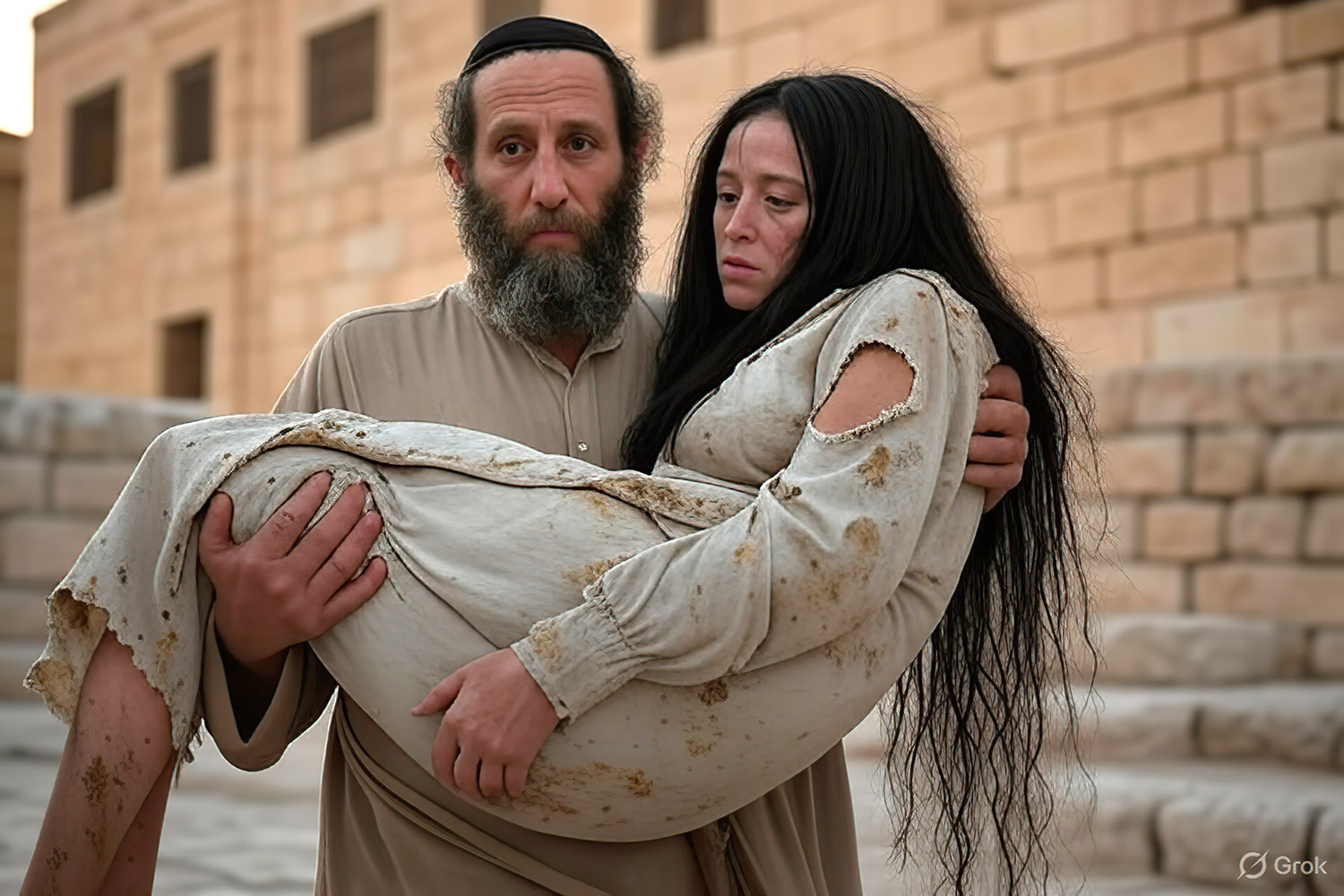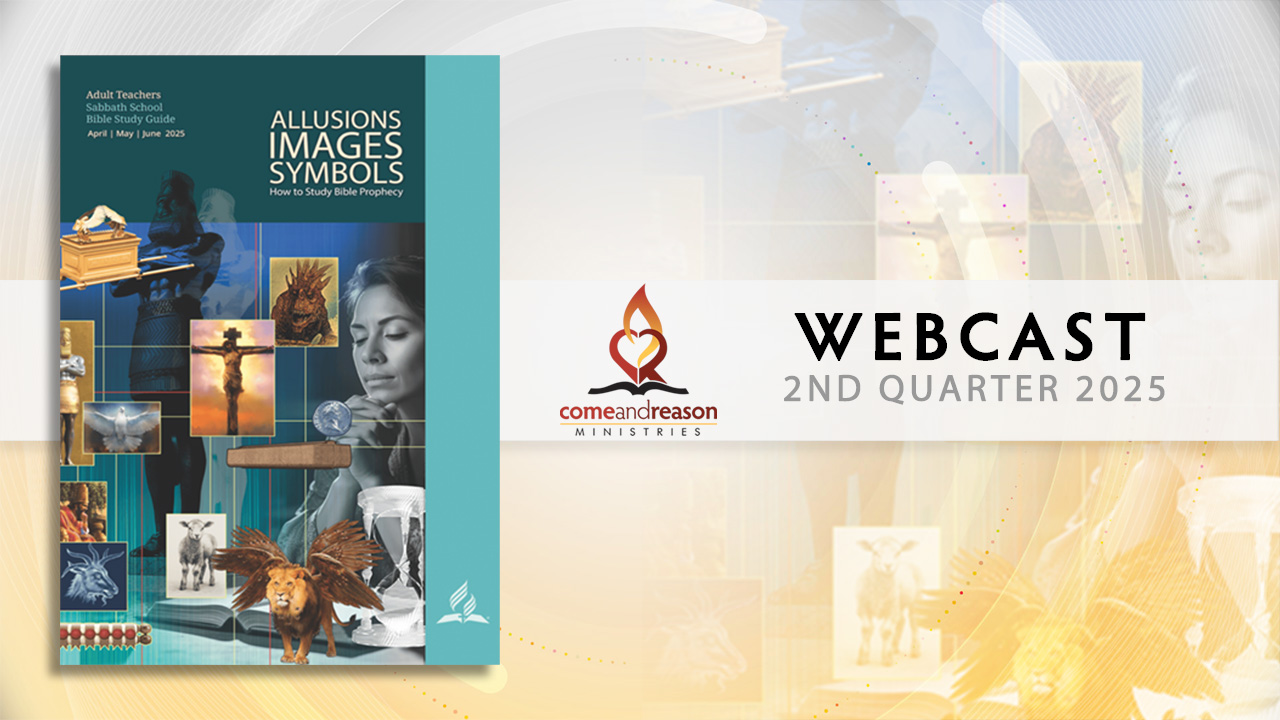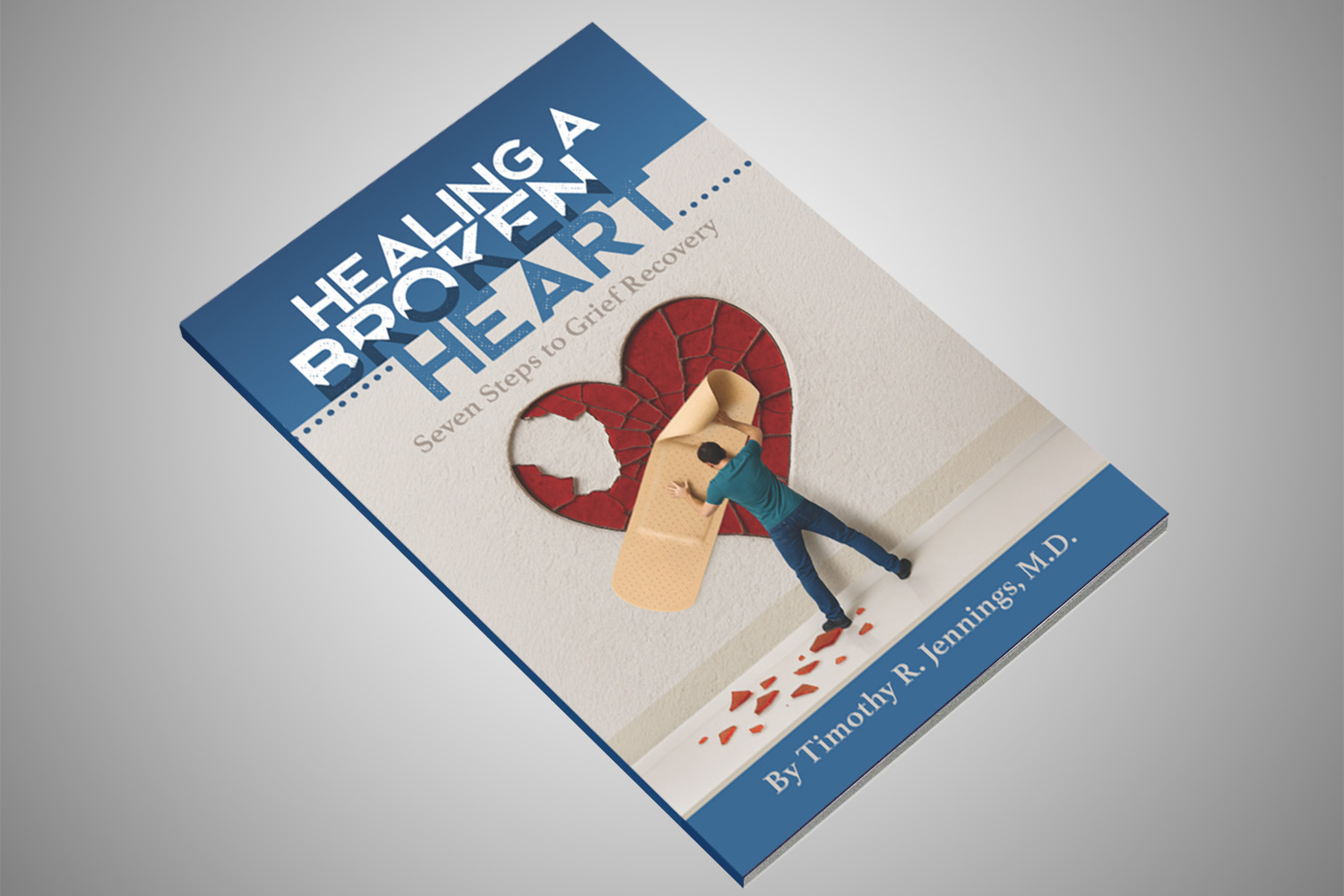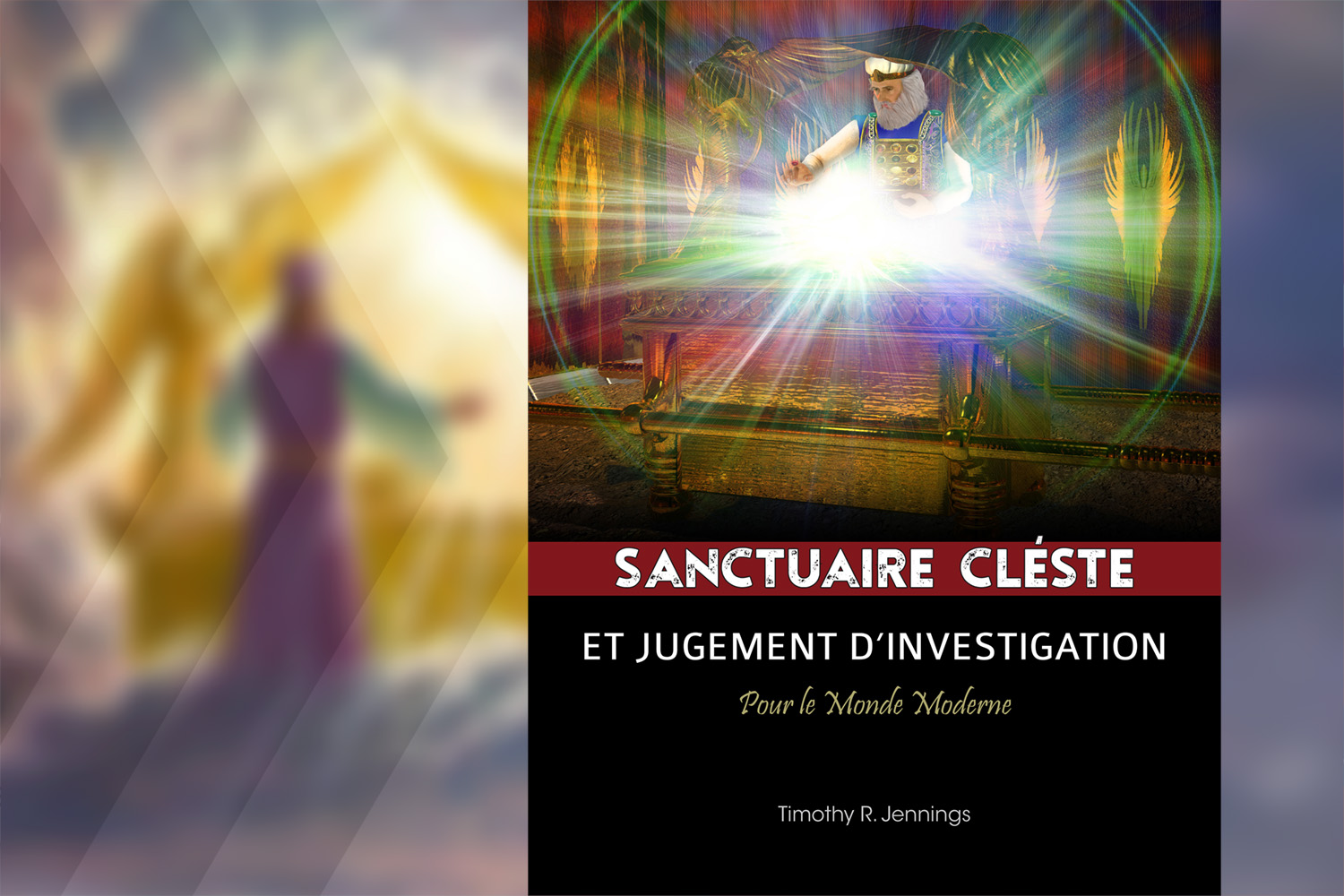This is regarding forgiveness. If God forgives everyone, then what do we do with the difficult verses in the Bible that say God will not forgive or God will not forgive unless we turn from our wicked ways?
MC
Thanks for your question. I am not certain to which specific Bible passages you are referring but these three seem to be representative of your concern:
If my people, who are called by my name, will humble themselves and pray and seek my face and turn from their wicked ways, then will I hear from heaven and will forgive their sin and will heal their land. 2Chronicles 7:14
Perhaps when the people of Judah hear about every disaster I plan to inflict on them, each of them will turn from his wicked way; then I will forgive their wickedness and their sin.” Jeremiah 36:3
But if you do not forgive men their sins, your Father will not forgive your sins. Matthew 6:15
The straight and simple answer is that in these texts the phrase “forgive your sins” is a euphemism or synonym for reconciliation. God is always forgiving, but we cannot experience His forgiveness if we remain unrepentant or if we refuse to turn from our sinful ways. If we refuse to forgive others, then we demonstrate we have not opened our heart to receive God’s renewing power in our lives. So, even though forgiveness is always freely extended from God, we don’t experience the result of that forgiveness until we open the heart in humble repentance and then the Holy Spirit comes in and renews our hearts. When that happens we are unified with God and thus are in a forgiven state. In other words, the issue in our salvation is not whether God forgives – He does – the issue is whether we have surrendered our hearts in trust and are being transformed by His free forgiveness. When we do accept God’s grace in our lives, then we live in the state of forgiveness having allowed God’s gracious forgiveness to transform our lives. If we refuse to respond to God’s freely extended forgiveness, then our lives are not changed and we do not live in a state of forgiveness, even though God is still forgiving.
Thus, the Bible teaches it is the “kindness of God that leads us to repentance” (Romans 2:4). And when Moses asked to see God’s glory, God put Moses in the cleft of the rock, passed before him, and said, “The LORD, the LORD, the compassionate and gracious God, slow to anger, abounding in love and faithfulness, maintaining love to thousands, and forgiving wickedness, rebellion and sin. Yet he does not leave the guilty unpunished (Exodus 34:6,7).
Why does He not leave the guilty unpunished? Because God will not violate free will. He will not refuse people the freedom to reject His mercy, love, and healing presence and ultimately reap the punishment unremedied sin brings. Why? Because love cannot exist in an atmosphere without freedom, so God forgives all, but only those who receive that forgiveness experience healing, while those who reject it God surrenders (gives them up – the biblical definition of God’s wrath) to reap the consequences of their choices, death.
We don’t need to fear God. We need to fear sin that damages our minds, warps our characters, sears our consciences, and destroys our souls; ultimately separating us from our loving God.











 using your credit or debit card (no PayPal account needed, unless you want to set up a monthly, recurring payment).
using your credit or debit card (no PayPal account needed, unless you want to set up a monthly, recurring payment). instead?
instead?